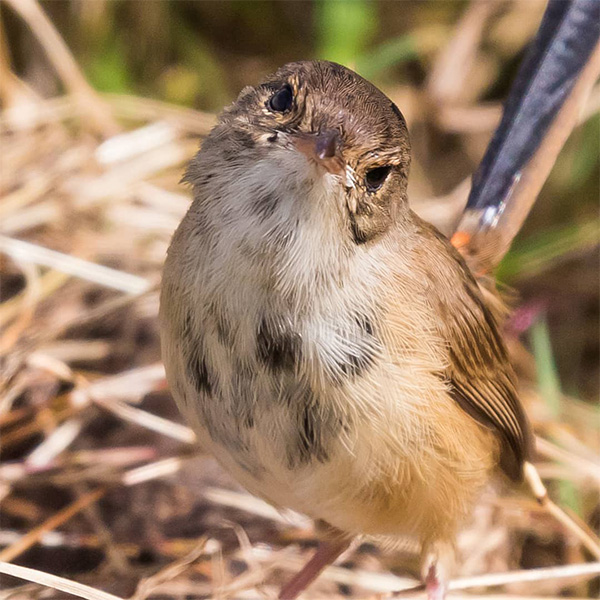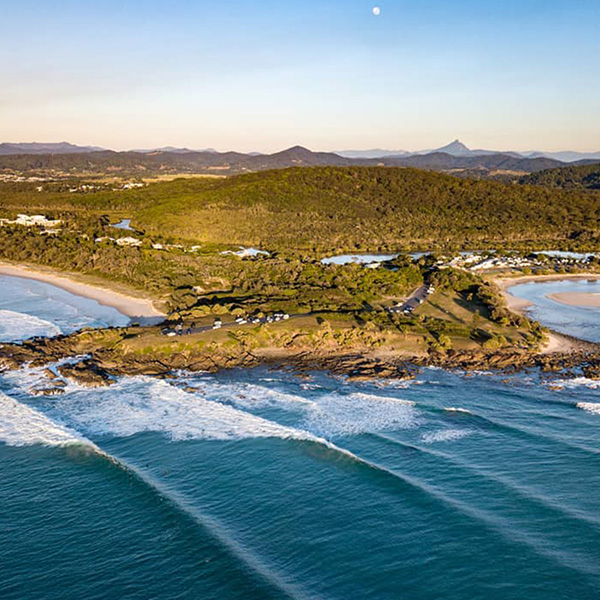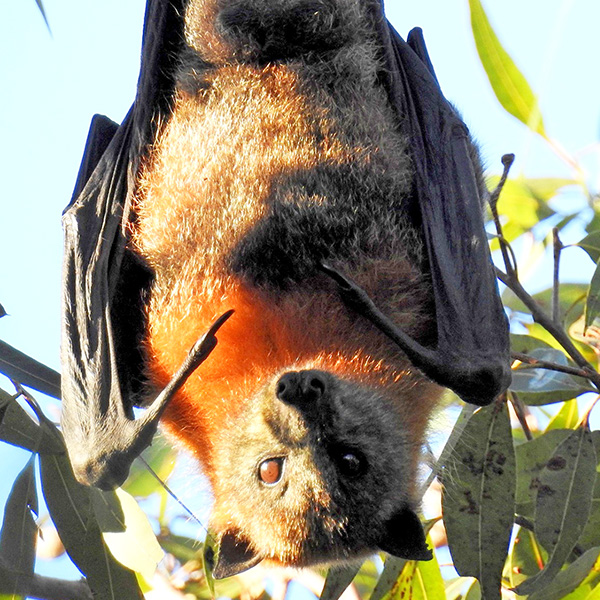Tweed Valley Wildlife Carers rescue, rehabilitate & release native wildlife


The aim of Tweed Valley Wildlife Carers is the conservation and welfare of our local wildlife.
Our objectives and aims revolve around the conservation and welfare of our local wildlife. Our foremost aim is the rescue, rehabilitation and release of native fauna using methods and knowledge gained from many years of experience in the field.
24 Hour Hotline
Our hotline operates 24 hours a day, seven days a week for all wildlife emergencies in the Tweed Shire.
Please do not email reports of sick and injured wildlife as our emails are not monitored continually. For non-urgent enquiries, and to become a member, please email committee@nulltvwc.org.au.





